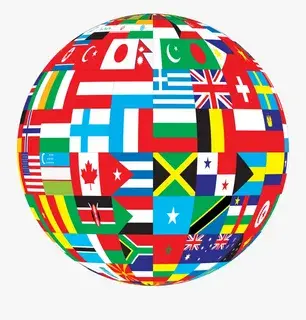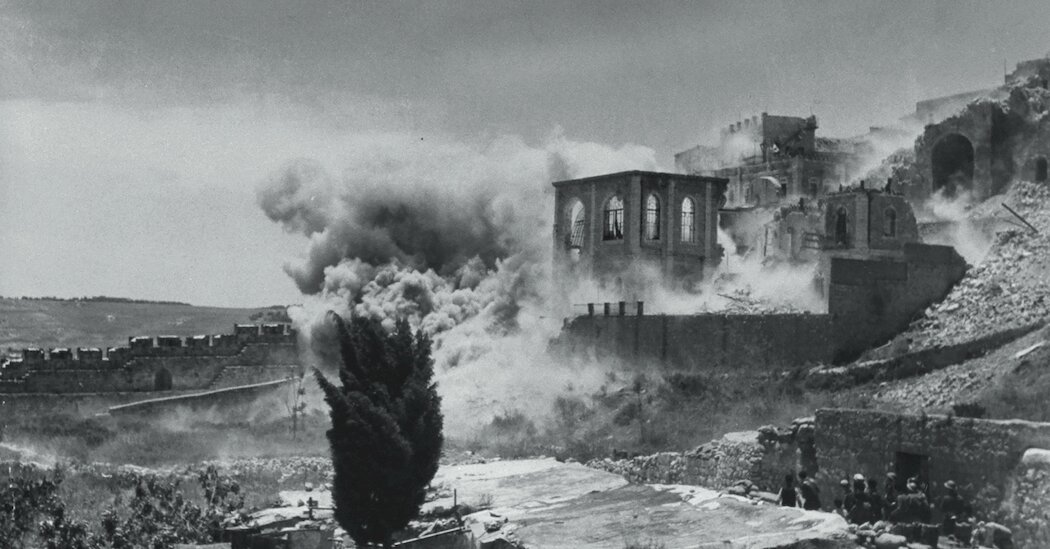One year matters more than any other for understanding the Israeli-Palestinian conflict. In 1948, Jews realized their wildly improbable dream of a state, and Palestinians experienced the mass flight and expulsion called the Nakba, or catastrophe. The events are burned into the collective memories of these two peoples — often in diametrically opposed ways — and continue to shape their trajectories.
If 1948 was the beginning of an era, it was also the end of one — the period following World War I, when the West carved up the Middle East and a series of decisions planted the seeds of conflict. To understand the continuing clashes, we went back to explore the twists and turns that led to 1948. This path could begin at any number of moments; we chose as the starting point 1920, when the British mandate for Palestine was established.
. . .
In the time of the British mandate, Jews and Palestinians, and Western and Arab powers, made fundamental choices that set the groundwork for the suffering and irresolution of today. Along the way, there were many opportunities for events to play out differently. We asked a panel of historians — three Palestinians, two Israelis and a Canadian American — to talk about the decisive moments leading up to the founding of Israel and the displacement of Palestinians and whether a different outcome could have been possible.
There is continued international support for a two-state solution, but the current Israeli government insists on maintaining control over the West Bank under the guise of security. In the short run, this prolongs the life of that regime, but in the long run it will bring its own undoing.
One can only hope.



